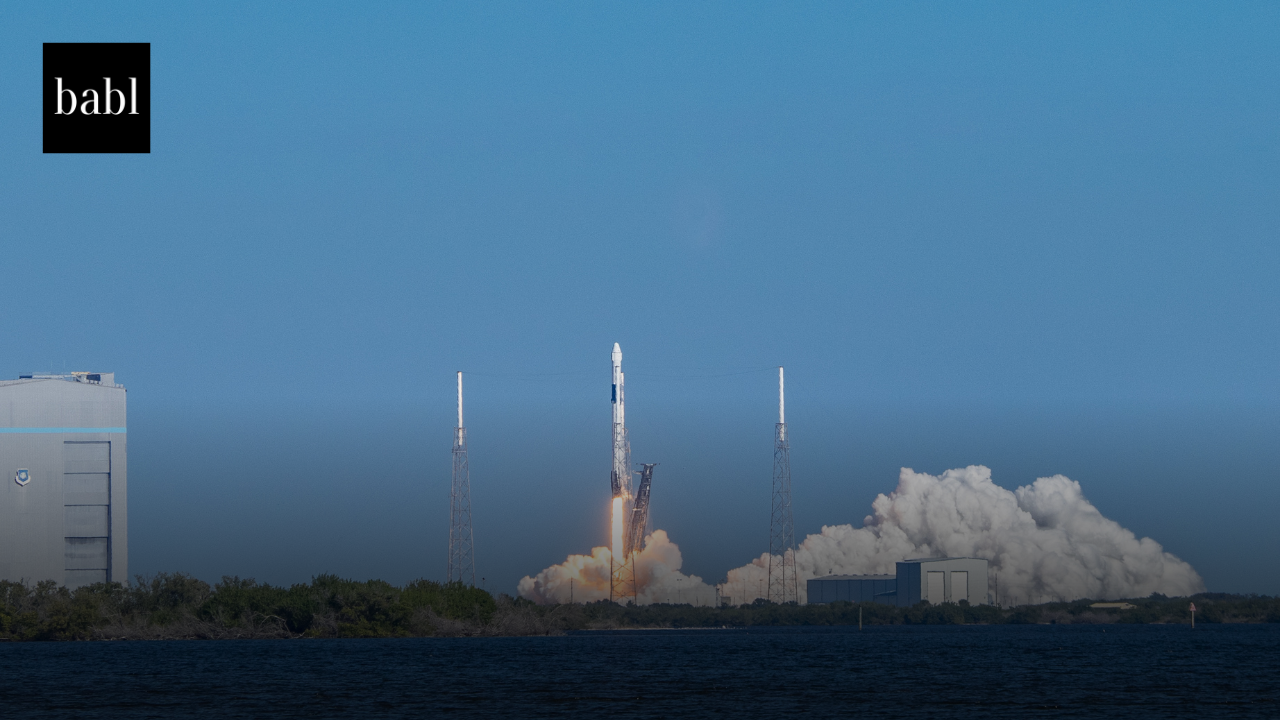The U.S. Space Force has released its Data and Artificial Intelligence FY 2025 Strategic Action Plan, presenting a clear path to becoming a more digitally fluent and AI-enabled military force. The plan outlines how the Space Force aims to support the Department of Defense’s mission to deter conflict and, if necessary, defeat adversaries decisively.
“As the world’s first digital service, the United States Space Force recognizes the critical role that data and artificial intelligence will play in maintaining space superiority,” said Col. Nathen L. Iven, acting deputy chief of space operations for cyber and data.
The strategy builds upon the foundation laid in the previous fiscal year and reflects growing urgency in the face of threats posed by adversaries like China and Russia, who are accelerating development in AI, surveillance, and electronic warfare capabilities in space.
The FY 2025 plan is structured around four central lines of effort. The first focuses on maturing data and AI governance throughout the Space Force by creating working groups, establishing governance charters, and formalizing roles and responsibilities.
The second line of effort aims to advance a data-driven and AI-enabled culture. This includes launching an explainer video series, hosting professional development events like AI boot camps, and integrating AI literacy into professional military education. The plan also calls for new publications, including a biannual periodical titled “Momentum,” and the development of a workforce playbook to guide AI skills training.
The third component emphasizes the rapid adoption of emerging technologies. The Space Force plans to enhance its Unified Data Library and improve the integration of commercial and national space datasets. It will also test and evaluate large language models specific to space operations, with the goal of delivering mission-impactful tools that provide real-time insights.
The final line of effort focuses on strengthening partnerships across government, academia, industry, and allied nations. Highlights include the upcoming FY25 Space AI Symposium, continued collaboration on space traffic management policy, and efforts to expand data interoperability through initiatives like the UDL API gateway.
“Data and AI are critical for a warfighting service that is purpose-built for space superiority. This plan charts a course to foster data literacy, equip our Guardians with cutting-edge technologies, and drive innovation,” Iven said.
Need Help?
If you’re concerned or have questions about how to navigate the global AI regulatory landscape, don’t hesitate to reach out to BABL AI. Their Audit Experts can offer valuable insight and ensure you’re informed and compliant.





